6 Causes of Bad Breath and Its Underlying Reasons
Have you ever felt self-conscious about your breath? Bad breath, also known as halitosis, can be embarrassing and unpleasant. While occasionally bad breath can be attributed to the food we eat, chronic bad breath could be a sign of underlying health issues. Let’s explore six common causes of bad breath and their underlying reasons.
Gum Disease
Gum disease, also known as periodontal disease, is a common cause of bad breath. It occurs when bacteria build up in the gums, leading to inflammation and potential infection. These bacteria release foul-smelling gasses, contributing to halitosis. Poor oral hygiene, smoking, and certain medications can increase the risk of gum disease.
Acid Reflux
Acid reflux, or gastroesophageal reflux disease, occurs when stomach acid flows back into the esophagus. This acid can reach the mouth, leading to a sour taste and bad breath. Individuals with untreated acid reflux may experience chronic halitosis. Lifestyle changes, medications, and dietary adjustments can help manage acid reflux and alleviate bad breath.
Diabetes
Uncontrolled diabetes can lead to a condition known as diabetic ketoacidosis, characterized by the production of ketones in the body. These ketones can cause a fruity odor on the breath, often described as “acetone breath.” Proper management of blood sugar levels through medication, diet, and exercise is essential in preventing diabetic ketoacidosis and associated bad breath.
Respiratory Infections
Respiratory infections, such as sinusitis, bronchitis, or tonsillitis, can contribute to bad breath. Bacteria thrive in the warm, moist environment of the mouth and throat during an infection, releasing odorous compounds. Treating the underlying respiratory infection with antibiotics or antiviral medications can help eliminate bad breath.
Dehydration
Dehydration can lead to a decrease in saliva production, resulting in dry mouth. Saliva plays a crucial role in rinsing away food particles and bacteria from the mouth, so reduced saliva flow can lead to bad breath. Drinking an adequate amount of water throughout the day can help keep the mouth moist and prevent halitosis associated with dehydration.

Kidney Failure
In advanced stages of kidney failure, toxins can accumulate in the blood, leading to a condition called uremia. Uremic breath has a distinct ammonia-like odor, which can contribute to bad breath. Proper management of kidney disease, including dialysis or kidney transplant, is essential in reducing uremic breath and improving overall health.
While occasional bad breath is common and often temporary, chronic halitosis could indicate underlying health issues that require attention. Maintaining good oral hygiene, staying hydrated, and addressing any underlying medical conditions can help prevent and alleviate bad breath. If you’re concerned about persistent bad breath, it’s essential to consult with a general dentist in Dubai for proper diagnosis and treatment. Remember, fresh breath not only boosts confidence but also reflects overall health and well-being.

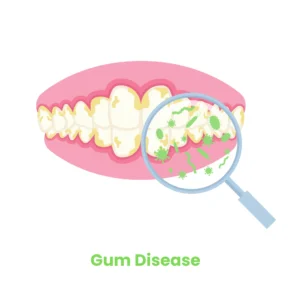
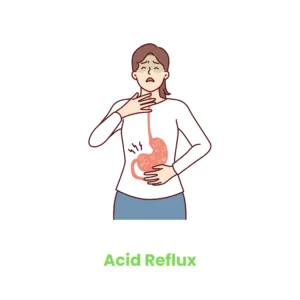
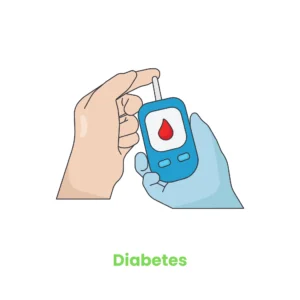
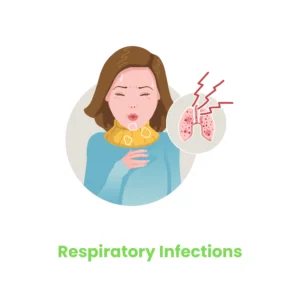
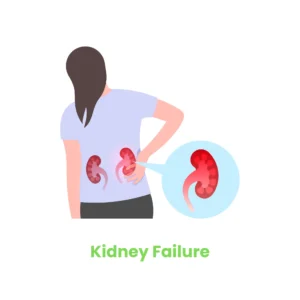
Leave a reply